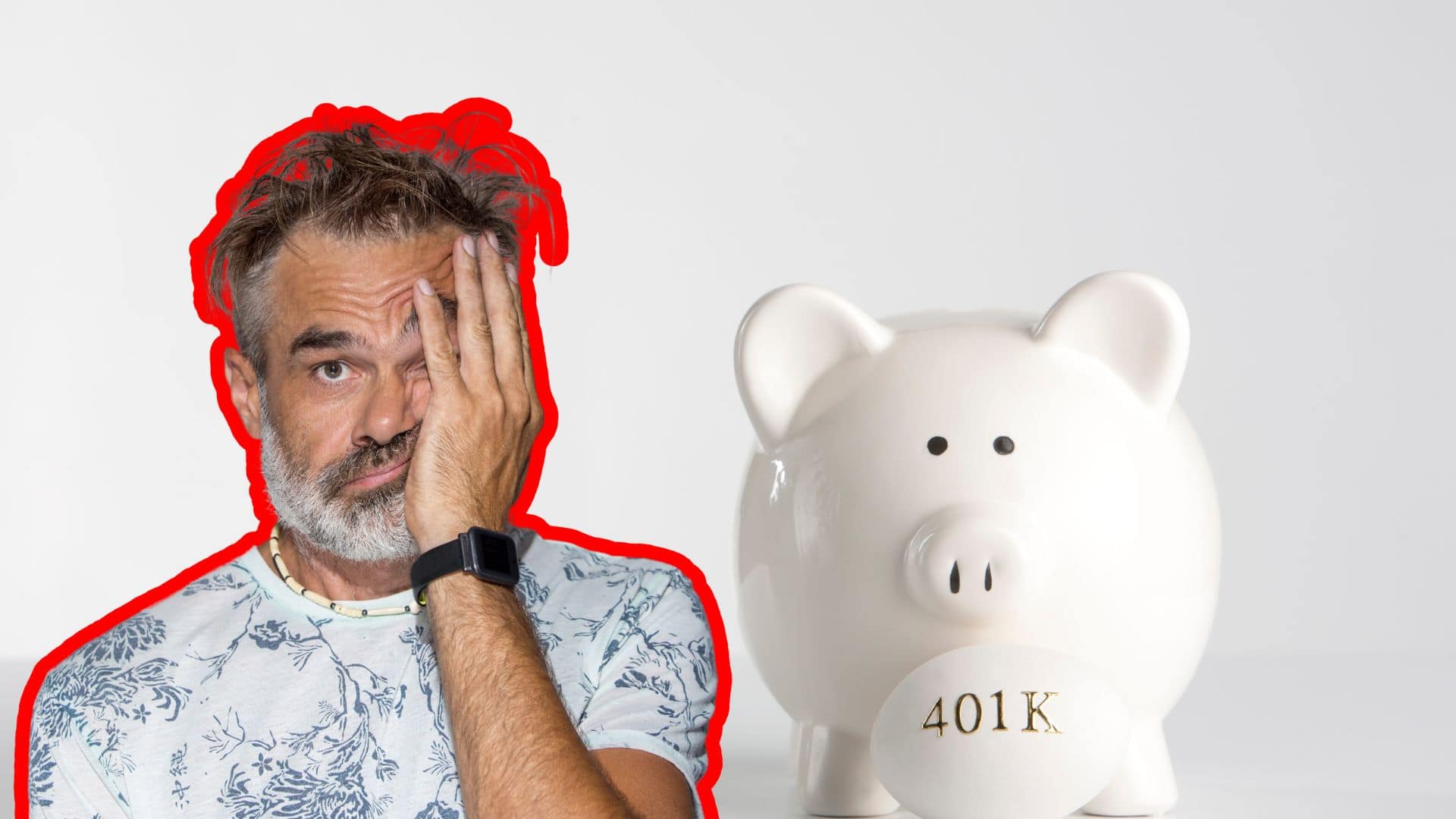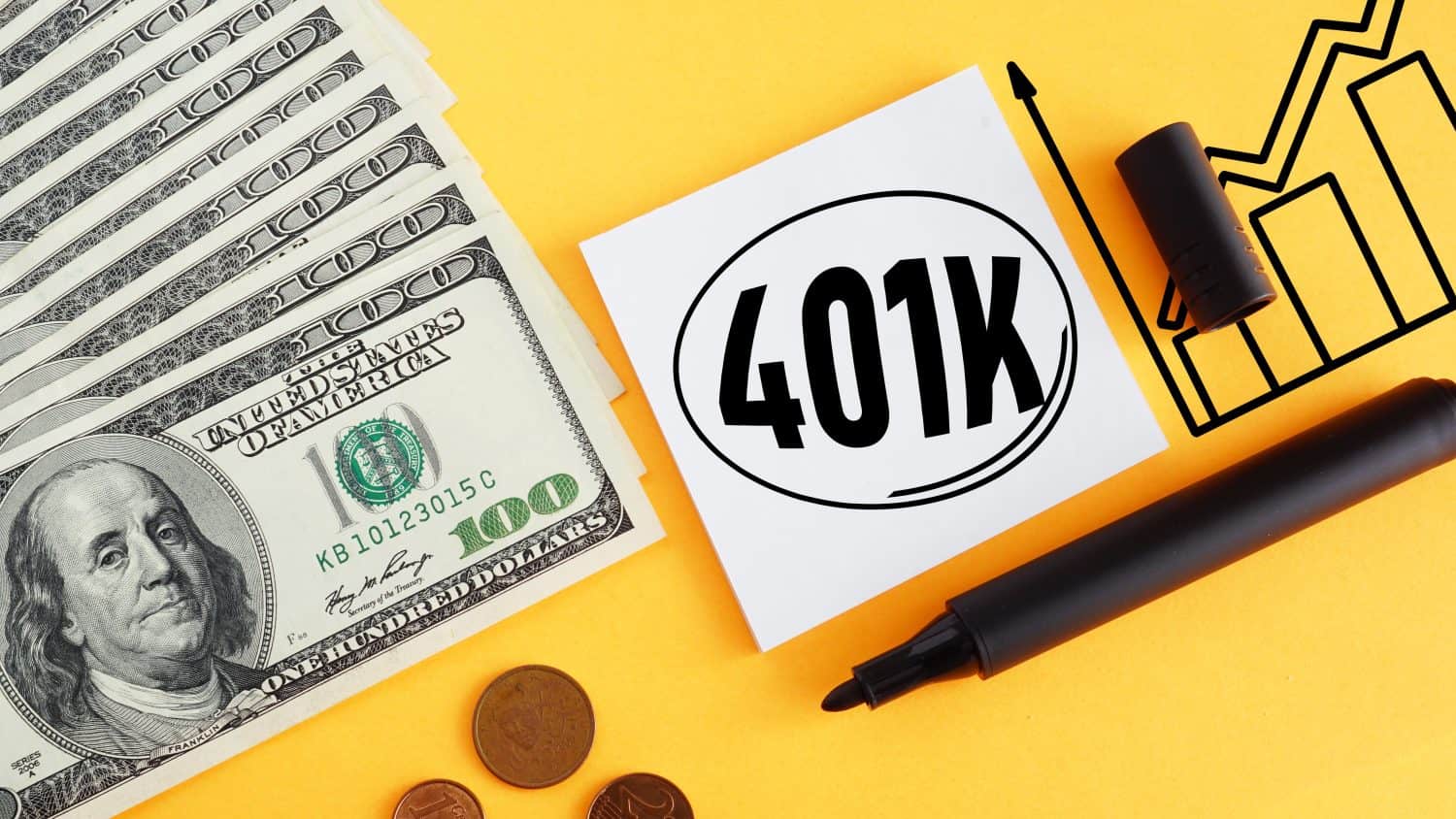Personal Finance
I'm in my 30s and have been shoveling money into my 401(k) for years - at what point should I stop?

Published:

A Reddit user is on track to have millions in a 401(k).
He’s worried he will need to make very large required minimum distributions as a senior.
He should consider putting some money into a taxable brokerage account if he wants to retire early.
Where do your retirement funds belong? Click here to see if you’re investing in the right account for a secure future. (Sponsor)
When should you stop investing in a 401(k)? This is a question a Reddit poster asked recently. The original poster (OP) is in his 30s and joined the workforce a decade ago. He’s been maxing out his 401(k) and IRA accounts for a long time, and for the past five years, has also been making backdoor Roth contributions to funnel more money into tax-advantaged retirement plans.
Since he has amassed over $1 million in his retirement accounts already and plans to continue maxing out his tax-advantaged plans while working for the next 20 years, he estimates he will have $5 million when he becomes financially independent and will have $26 million once he reaches RMD age. That would mean taking annual required minimum distributions of $1.8 million annually.
His question is whether he should stop investing in his 401(k) and other tax-advantaged plans at some point. But is this a good idea?
First things first. If you are earning a 401(k) match from an employer, you should never stop investing enough to earn the full match. Even if a 401(K) is no longer the ideal account for you because you are worried about being forced to make high required minimum distributions, you should still not pass up free money.
Once you have earned your full employer match, though, then there is definitely an argument to be made that at some point you can switch to putting retirement money into other things. Investing in Roth accounts can help you enjoy your retirement income without a huge tax bill, which is likely to be a major concern if you retire rich. Since Roths don’t have RMD requirements, you can also avoid being forced to take out a ton of money from your account when you don’t really want to — and getting stuck paying taxes on those large distributions.
High-earners like the OP will have to explore techniques for backdoor Roth IRA contributions due to income limits, but if his company offers a Roth 401(k) that can be a simpler solution.
Beyond the Roth accounts, though, the OP will also want to make sure he is putting a good amount of money into a taxable brokerage account as well. If he plans to retire early, which appears to be his goal, he’s not going to be able to access most of the money in his retirement account until age 59 1/2 because of early withdrawal penalties. He’ll need plenty of money in a taxable account that he can use whenever he wants to leave work.

Since the OP already has a lot of money invested and is likely to grow that wealth substantially in the coming decades, it is a very good idea for him to talk with a financial advisor.
The advisor can offer help in determining when to transition from investing in a 401(k) and can explain the pros and cons of distributing retirement contributions among different kinds of accounts. An advisor can also assist with developing a tax-efficient strategy for making withdrawals from retirement accounts when the time comes. There’s a lot of money on the line here, and professional help from an expert can make all the difference in getting things right.
Retirement planning doesn’t have to feel overwhelming. The key is finding expert guidance—and SmartAsset’s simple quiz makes it easier than ever for you to connect with a vetted financial advisor.
Here’s how it works:
Why wait? Start building the retirement you’ve always dreamed of. Click here to get started today!
Thank you for reading! Have some feedback for us?
Contact the 24/7 Wall St. editorial team.